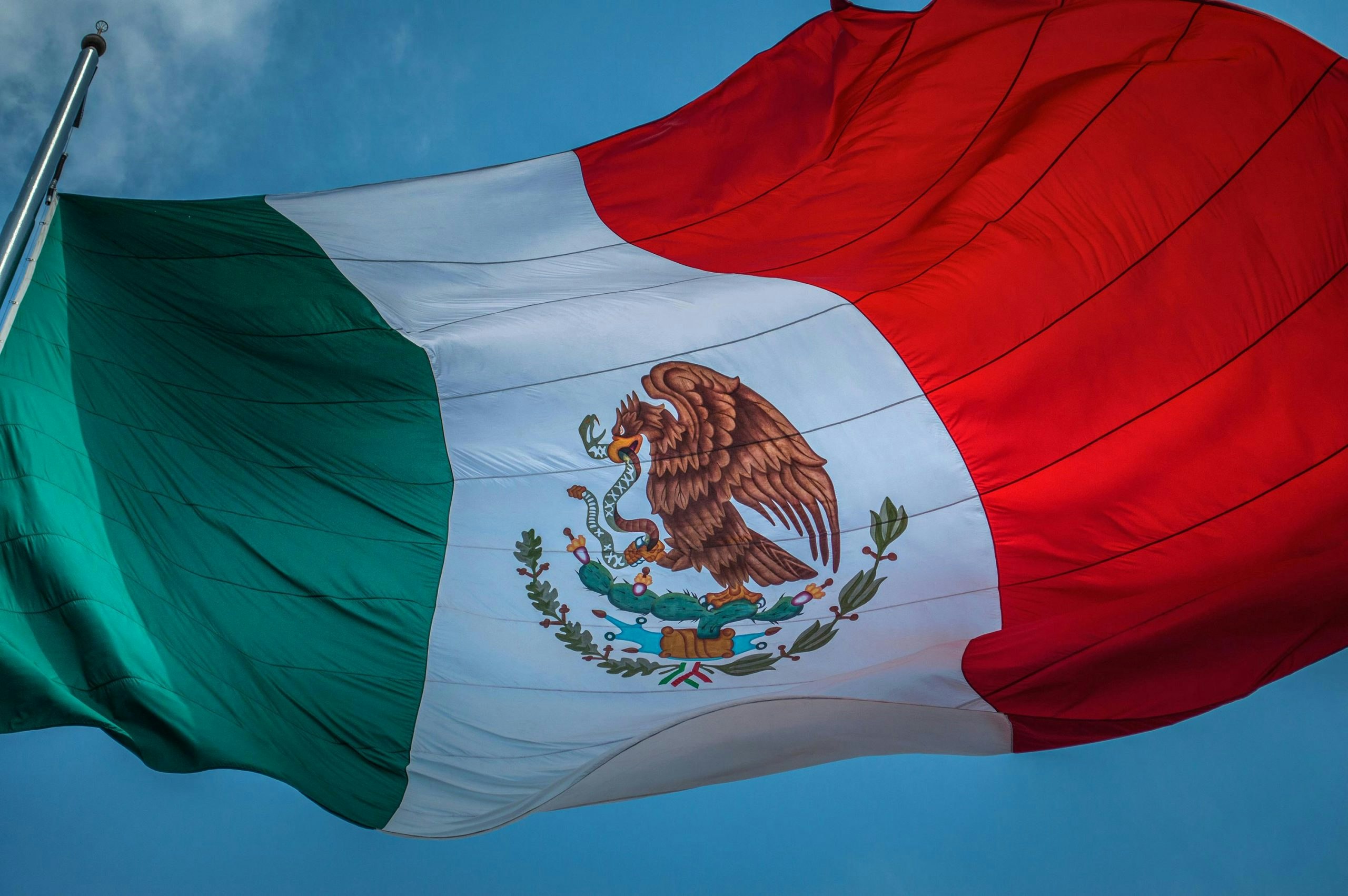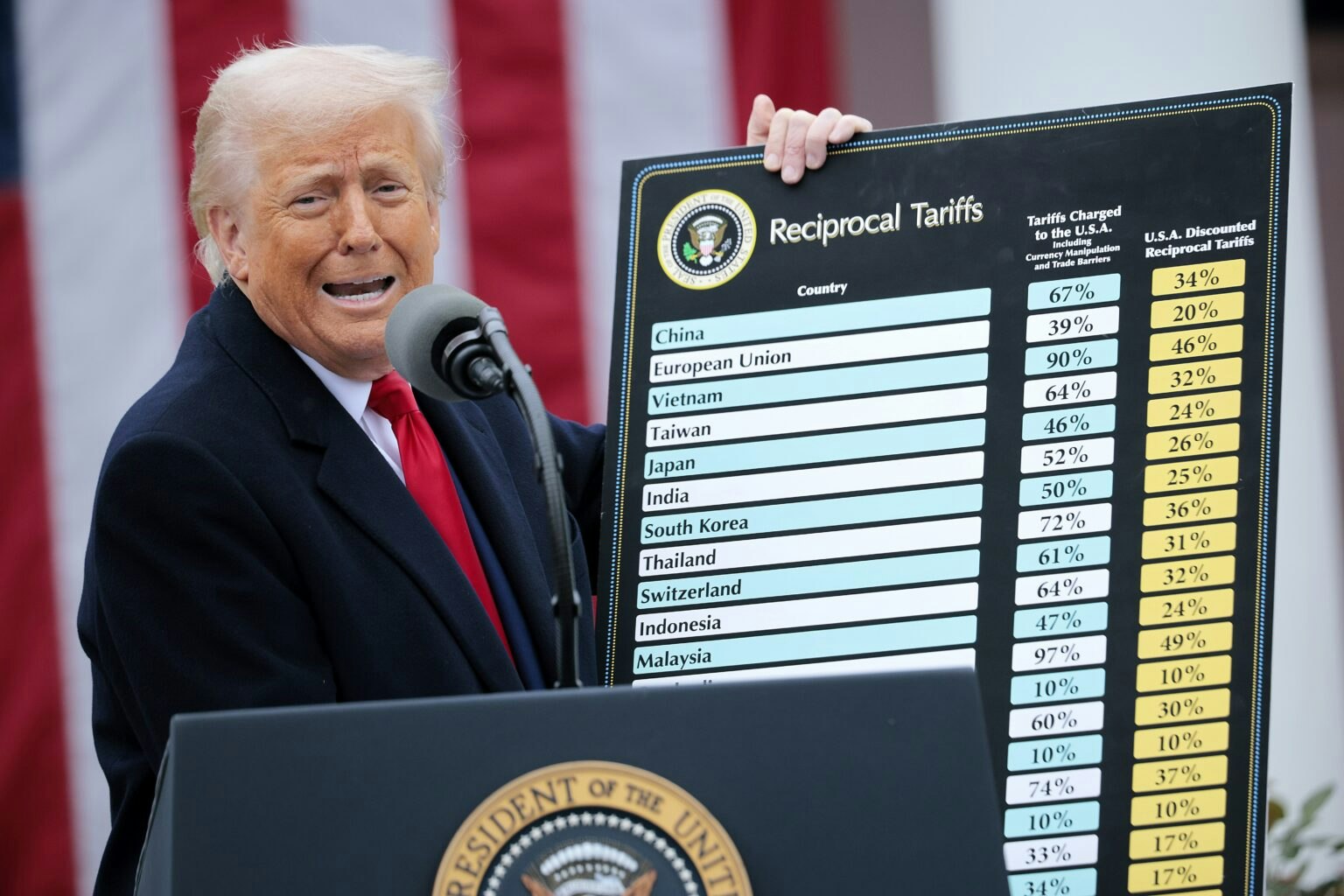
Introduction
In a recent move to protect local industries, Mexican President Claudia Sheinbaum signed a decree introducing stricter import regulations and higher tariffs on apparel, textiles, and home goods. This shift directly impacts e-commerce operators who’ve relied on Mexico’s IMMEX program and Section 321 of U.S. Customs regulations to reduce costs. The de minimis threshold, which allows low-value shipments valued at $800 or less to clear customs without incurring duties or taxes, plays a significant role in simplifying the customs process for businesses.
For years, brands large and small have used these provisions to avoid high U.S. tariffs, importing products into Mexico and fulfilling orders across the border duty-free. This strategy—leveraged heavily by companies like Shein and Temu—enabled brands to save on production, benefit from lower labor costs, and ultimately offer competitive prices to U.S. consumers. Section 321 and the de minimis threshold are responses to evolving global trade patterns and dynamics, ensuring regulatory updates keep pace with the increasing volume of imports.
This move by Mexico is the latest in a growing string of global protectionist measures reshaping international trade and impacting e-commerce brands. Around the world, countries are adopting stricter trade policies, tightening customs regulations, and increasing tariffs to shield local industries. Section 321 and the de minimis threshold have been critical for businesses navigating these evolving trade patterns, but these recent changes highlight how rapidly the landscape is shifting.
But the game is changing. Here’s what you need to know—and how Pietra can help you adapt.
What is Section 321?
Section 321 is a regulation by U.S. Customs and Border Protection (CBP) that allows low-value shipments to enter the United States duty-free. This regulation was designed to make importing goods into the U.S. more affordable for both brands and consumers. By exempting low-value shipments—those under $800—from duties and taxes, Section 321 significantly reduces the cost of cross-border shipping. This provision has been a game-changer for brands looking to expand into the U.S. market without incurring additional costs, making it easier to offer competitive prices and grow their customer base.
Benefits of Section 321
Section 321 offers substantial benefits for brands with products valued under the de minimis value of $800. One of the primary advantages is the opportunity for market expansion. By enabling duty-free imports, brands can save significantly on tax and labor costs, which can then be passed on to consumers. This cost savings makes products more attractive to potential buyers, increasing the likelihood of purchase. Additionally, more affordable shipping can lead to faster delivery times, enhancing the overall shopper experience. Efficient order fulfillment processes not only boost customer satisfaction but also contribute to a brand’s reputation and growth.
What's Changing?
As of December 20, 2024, the Mexican government has:
-
Increased Tariffs: Duties on over 100 apparel products and textiles have jumped to 35%, while others are now taxed at 15%.
-
Restricted IMMEX Temporary Imports: Finished goods like apparel and home textiles can no longer enter Mexico duty-free under the IMMEX program unless destined for further manufacturing.
These changes are part of Mexico’s broader strategy to protect its domestic industries from low-cost imports and level the playing field for local producers.
What Does This Mean for E-Commerce Brands and Low Value Shipments?
If your brand relies on Section 321 to ship goods into the U.S. from Mexico, these new regulations could upend your business model. Many brands already face tighter scrutiny and compliance challenges as countries worldwide adopt more protectionist policies.
Some of the biggest risks include:
-
Higher Costs: Labor savings in Mexico may no longer offset tariffs and compliance burdens.
-
Longer Transit Times: Cross-border logistics could become more complex, leading to slower delivery speeds.
-
Disrupted Supply Chains: Escalating protectionist policies are forcing brands to reevaluate sourcing strategies and diversify their operations for resilience.
Stay Prepared with Pietra
Navigating these changes can feel overwhelming, especially with global supply chains becoming increasingly complex. That’s where Pietra comes in.
Pietra’s global supply chain network is built to help e-commerce brands weather any storm:
-
Access a Global Supplier Network: Our partnerships span the globe, allowing you to source products from regions less affected by tariffs or trade restrictions.
-
Seamless U.S. Fulfillment: With our U.S.-based fulfillment network offering some of the lowest rates in the industry, you can confidently store and ship your products domestically.
-
Custom Strategies for Your Brand: Every business is unique, and our team of experts is here to help you develop a tailored plan that minimizes costs and ensures smooth operations.
Take Action on Tariffs Before It’s Too Late
The supply chain landscape is evolving fast, and brands that wait to adapt risk falling behind. Whether you’re a new e-commerce operator looking for guidance or an established brand seeking innovative solutions, Pietra is here to help.
Reach out to our team today, and let’s build a strategy that works for your business—no matter what the future holds.
With Pietra, you’ll have the tools, network, and expertise to keep your business competitive and thriving. Contact our team to get started.


